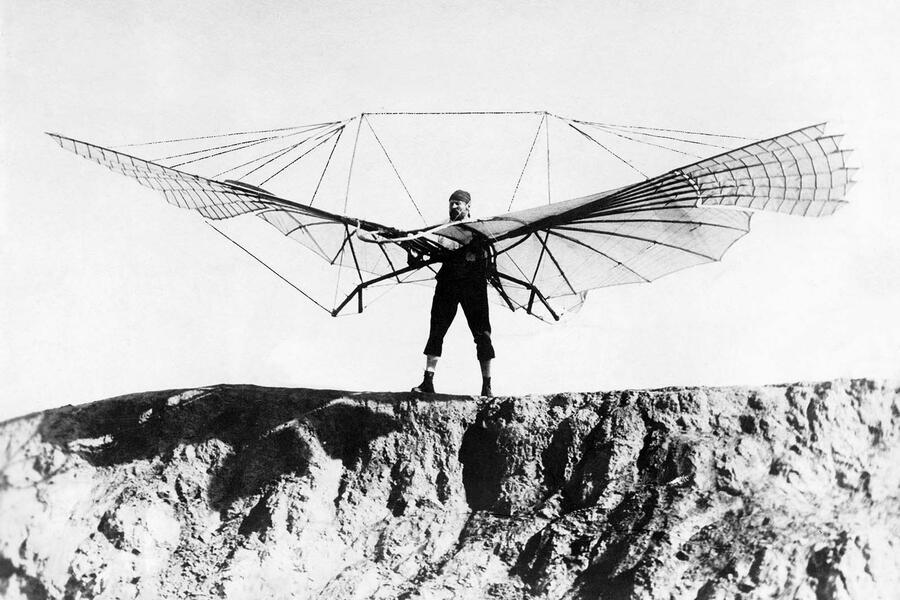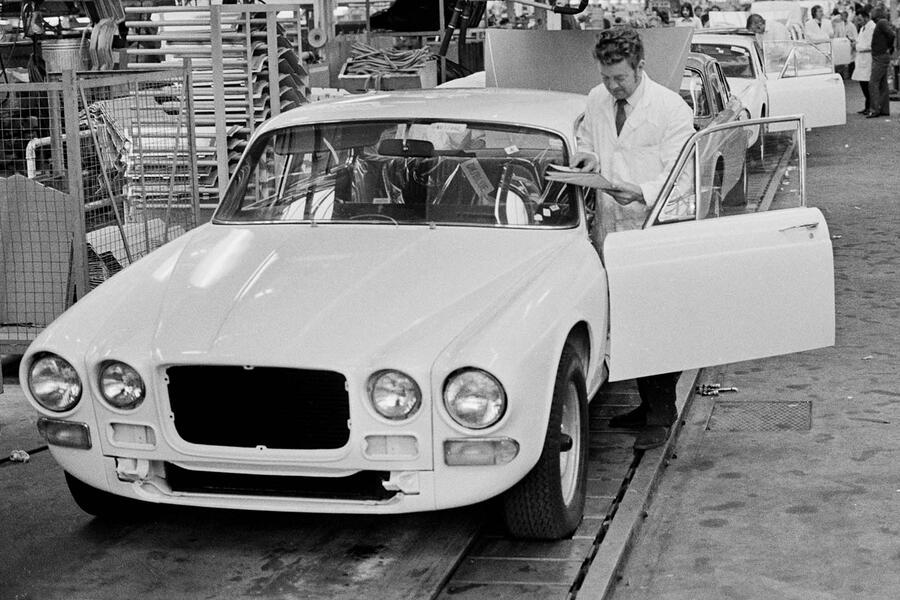Autocar has invited readers to send in their views and correspondence since the first issue hit the shelves in 1895.
Readers write about a great many topics, covering subjects with insight and inquisition that even us journalists don't realise.
Reader insights provide us with a valuable glimpse into the reader's mindset, from reasons behind English motorists being "spoilt children", to why planes will only be able to fly by one-man apparatus.
Here, then, is a selection of correspondence from Christmases past that demonstrate just how much your concerns have, or haven't, changed.
1898: Why the public waits
Having lately conceived an interest in Autocars, I have purchased a few of your journals, and am struck by, what seems to me, the indifference of the makers to the points which are of very great moment to the (would-be) purchasing public, in which I include myself.
We do not care much about differential gears, steam versus spirit, and axles, and are not greatly interested in HP, BHP (whatever that is!), and long-distance racing with mountain climbing, but what we do ask for is that someone shall invent a machine which shall not vibrate, not smell, and not make a noise in its internal organs.
We would like it to take a couple of us up an average hill, to run 12 miles an hour on the level, and not to require repair more than once a month, but these are secondary matters.
To sit on a rumbling, vibrating, and evil-smelling machine outside a shop, or in traffic, and be bombarded by hoots of derision, and the audible comments of passers-by and the great unemployed, requires more sang-froid and courage than, I fear, are possessed by [myself].
1906: The flying problem

True! The attainment of greater engine power has something to do with the achievement of flying, but it will have little, if anything, to do with the perfect flying machine of the future, which will be a one-man apparatus requiring [the occupant’s] manual power only.
We’ve but to review the progress of mechanical science to see how the obstructing forces of nature are overcome by engine power. But we must not forget that engine power overcomes much of the obstructing force by violent means, and this mob energy may not be so readily converted to man’s use in the upper, unstable realm to which [he’d] fly.
In the air, the greater the engine power developed, the greater will be the loss of balance in power pro rata to the weight carried, hence the vital need at present experiments to keep down the power to the lowest possible minimum [for safety].






Add your comment